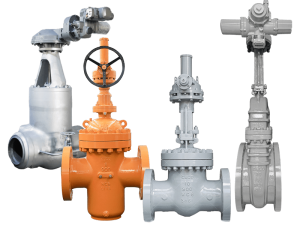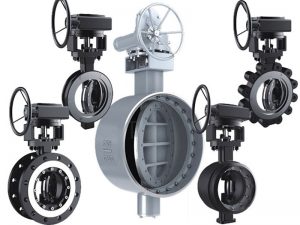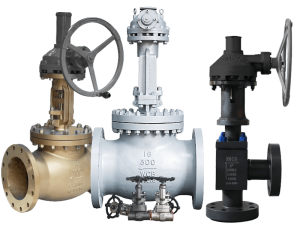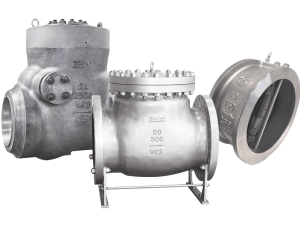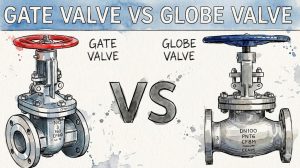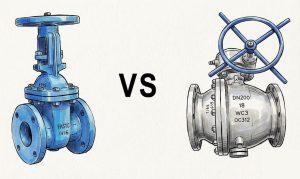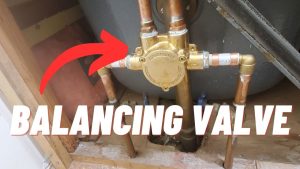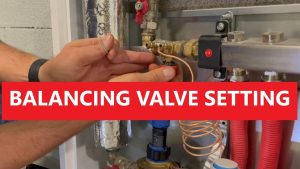Introduction
What is the Idle Air Control Valve (IACV) and its function
The Idle Air Control Valve (IACV) is vital to a vehicle’s engine operation. Its primary role is to regulate airflow within the engine during idle. The IACV adjusts the engine’s revs per minute (RPM) to ensure optimal fuel efficiency and prevent stalling.
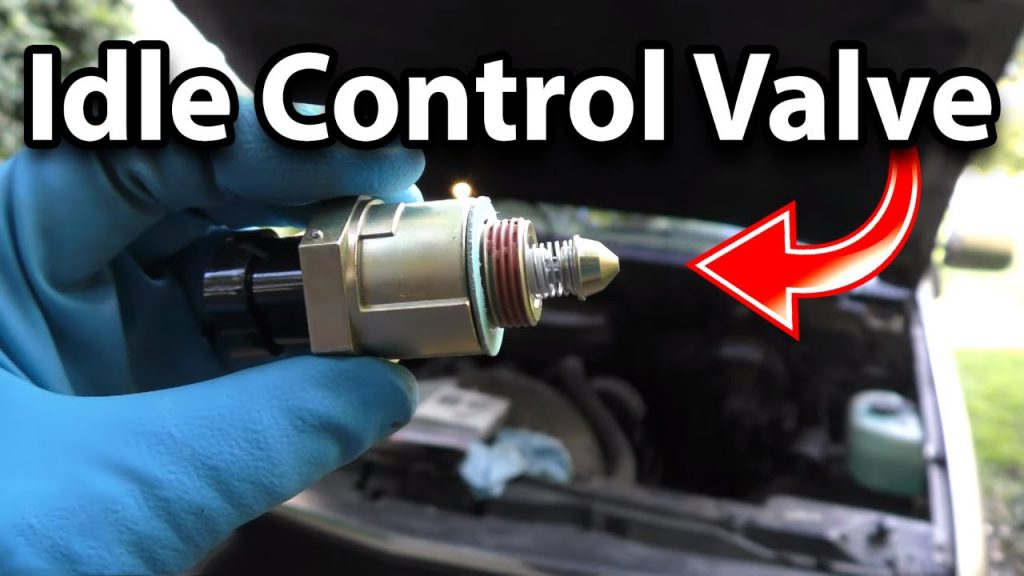
Importance of maintaining the IACV for smooth engine performance
Given its vital role, any disruption to the IACV’s operation—such as unplugging—can have consequences. When you unplug the IACV, the engine control unit (ECU) will not receive any information about the necessary adjustments to the airflow. Consequently, this may lead to a rough idle or, worse, the engine stalling. Therefore, proper maintenance of the IACV is imperative to ensure smooth and efficient engine performance.
Effects of Unplugging the IAC Valve
The Idle Air Control Valve is a crucial cog in the car’s engine equipment. When it becomes unplugged, it triggers a few inevitable consequences.
Increased fuel consumption and longer warm-up time
When the IAC Valve gets unplugged, it cannot correctly regulate the engine’s airflow at idle. This disturbance leads to the engine consuming significantly more fuel than usual, thus decreasing its fuel efficiency. Additionally, the engine might require longer to warm up, affecting overall performance.
Irregular fuel-air mixture readings and engine strain
An unplugged IAC Valve results in unusual fuel-air mixture readings, given that the engine control unit does not receive the required adjustment information. The engine might struggle more than usual due to an irregular fuel-air mixture, causing undue strain on the internal components. This strain could lead to potential engine failures, a consequence best avoided through proper maintenance. Therefore, ensuring the IAC Valve stays plugged in is essential for an efficient and smooth-running engine.
Damage to the Catalytic Converter and Other Engine Components
Unplugging the IAC Valve can have serious repercussions on some vital engine components. Most notably, the catalytic converter can be adversely affected. Given the irregular fuel-air mixture, it might fail to filter exhaust gases effectively. This could cause excessive emission of pollutants, potentially leading to environmental hazards and breaches of emission standards.
Disruption of the Engine Control Unit (ECU) Communication
The Engine Control Unit, or ECU, also faces potential disruptions when the IAC Valve is unplugged. The ECU relies on signals from the valve to adjust the engine’s idle speed. With an unplugged IAC Valve, the relay of this crucial information gets interrupted, leading to inefficient engine performance.
Signs of a Failing IAC Valve
Several signs can warn when the Idle Air Control Valve starts failing.
Check Engine Light Indication and Rough Idle
One common sign of a problematic IAC Valve is an illuminated Check Engine light on the dashboard combined with noticeable rough idling of the vehicle. These symptoms suggest that the IAC Valve cannot maintain the correct idle speed, leading to the engine’s inconsistency.
Potential Risks of Driving with a Malfunctioning IAC Valve
Should one continue driving with a malfunctioning IAC Valve, they risk damaging primary engine components, including the catalytic converter. Interruptions in the Engine Control Unit’s communication can also occur, potentially leading to inefficient and sub-optimal engine performance. Consequently, seeking immediate mechanical intervention is strongly advised when the mentioned symptoms are experienced.
Solutions for a Failing IAC Valve
Seeking Professional Assistance for Proper Diagnosis and Repair
When you unplug the IAC valve, the vehicle’s engine may stall immediately, refuse to start, or even run at a very high RPM because no controls correct the air intake. This lack of controlled air can result in the overconsumption of fuel, rough idling, or vehicle stalling.
Understanding the Importance of Maintaining the IAC Valve’s Functionality
Maintaining the IAC valve’s functionality is paramount. A failing or malfunctioning IAC valve can reduce engine performance and fuel efficiency, heightening the likelihood of severe damage to critical engine components. Therefore, it is critical to promptly address issues related to the IAC valve to prevent further complications and costly repairs.
Conclusion
Importance of Maintaining the IAC Valve for Optimal Engine Performance
In conclusion, the Idle Air Control (IAC) valve is pivotal to your engine’s overall performance. Its role in controlling the engine’s idle speed cannot be overstated. It ensures a balance in the air and fuel mixture that keeps the engine running smoothly when idle. Unplugging the IAC valve introduces instability and irregularities in the engine’s idle speed, leading to subpar performance and possible engine damage.
Address IAC Valve Issues Promptly to Avoid Further Damage
Promptly addressing IAC valve issues is a matter of urgency. A Malfunctioning IAC valve will affect the air and fuel mixture balance, impairing your engine’s performance and fuel consumption. If left unchecked, this could escalate and instigate further damage to essential engine components, incurring more repair costs. Thus, keeping the valve in check ensures optimal engine performance and longevity.


